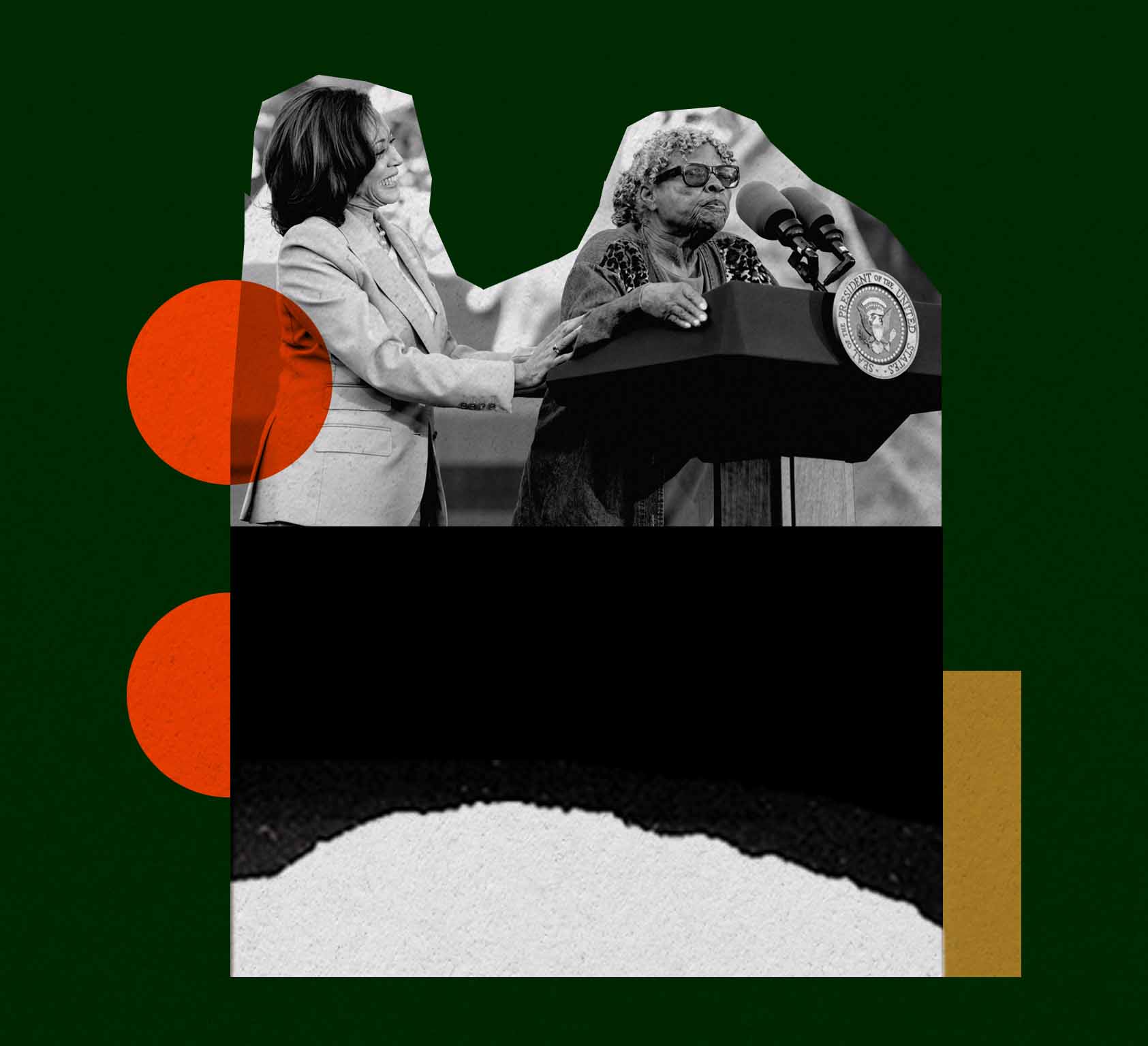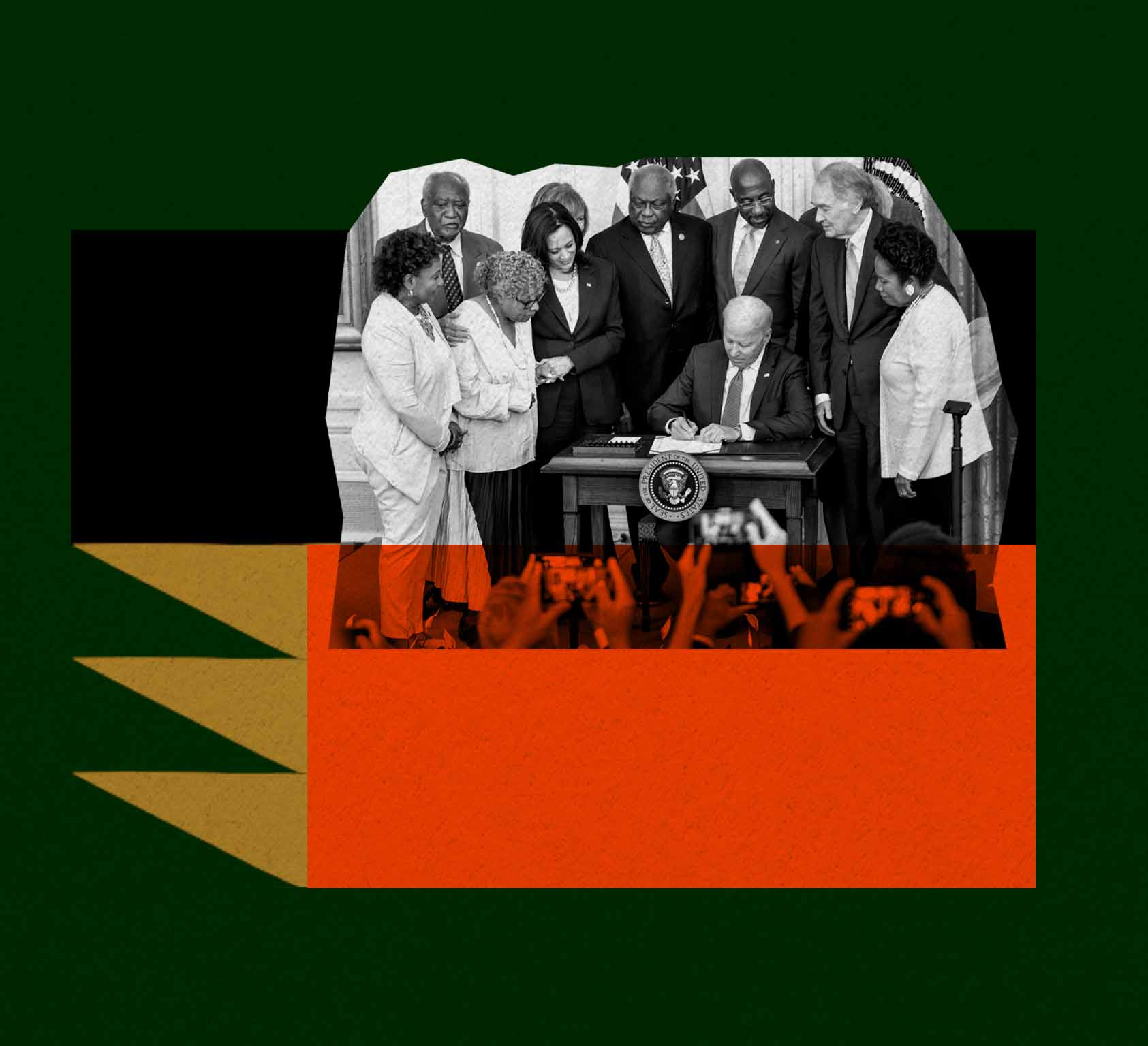A brief history of Juneteenth from emancipation to national celebration
Since 2021, the U.S. has observed June 19 as Juneteenth National Independence Day. However, the national holiday, which marks the end of enslavement in the country, was celebrated in Black communities long before federal recognition.
Here are some key events in the history of Juneteenth:
1863
Jan. 1 — President Abraham Lincoln issues the Emancipation Proclamation as the Civil War is in its third year. The proclamation declares “that all persons held as slaves” within the Confederate states “are, and henceforward shall be free.” However, it will take more than two years to fully implement the decree in Confederate states.
1865
April 9 — The Civil War effectively ends when Confederate Gen. Robert E. Lee surrenders his troops to Union Gen. Ulysses S. Grant at Appomattox Court House in Virginia.
June 19 — Two months after Lee’s surrender in Virginia, 2,000 Union troops arrive in Galveston, Texas, the western edge of the Confederacy. They deliver the long overdue news that the more than 250,000 enslaved Black people in Texas are free. It also marks the last stop for Union soldiers marching across the South, freeing enslaved people. The celebration comes to be called Juneteenth, a portmanteau of the month and day.
Dec. 6 — Congress ratifies the 13th Amendment, abolishing slavery in the U.S., providing that “Neither slavery nor involuntary servitude, except as a punishment for crime whereof the party shall have been duly convicted, shall exist within the United States, or any place subject to their jurisdiction.”
1872
Early Juneteenth celebrations include prayer and socializing with family. Later, formerly enslaved people travel with their families to Galveston to mark the day. By 1872, a group of Black ministers and businessmen in Houston buy 10 acres to create Emancipation Park for that city’s annual Juneteenth celebration. The park remains a place of recreation, education and celebration.
1980
Texas becomes the first state to observe Juneteenth as a holiday.
2016
Eighty-nine-year-old Opal Lee gains international attention as she advocates for a national Juneteenth holiday. Her activism includes a series of 2.5-mile walks from her home in Fort Worth, Texas, symbolizing the two-and-a-half years it took for news of emancipation to reach Galveston. Lee ultimately logs 300 miles. She also leads an online petition, hoping to garner 100,000 signatures for the holiday. It receives 1.6 million signatures. Lee becomes known as “The Grandmother of Juneteenth” and is nominated for a Nobel Peace Prize in 2022.
2020
Widespread summer protests against deadly police violence help fuel the drive to make Juneteenth a federal holiday.
2021
June 18 — President Joe Biden signs legislation making Juneteenth a federal holiday. The first federal observance occurs the very next day.
Illustration at top: Timeline marking the dates and events in the history of recognizing Juneteenth as a federal holiday.








